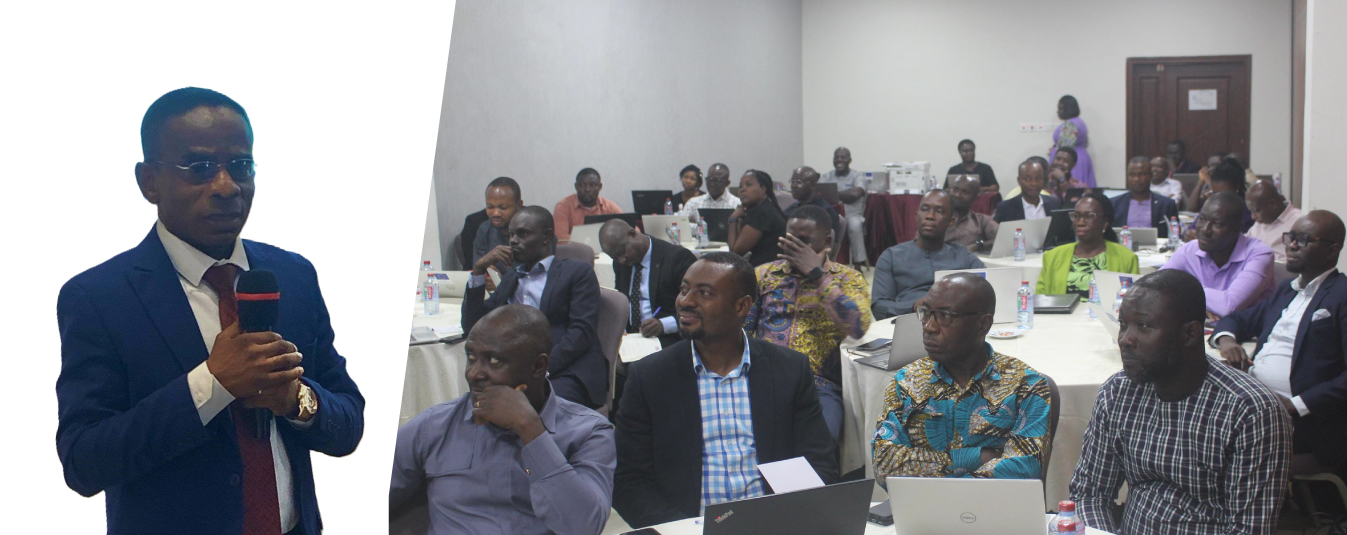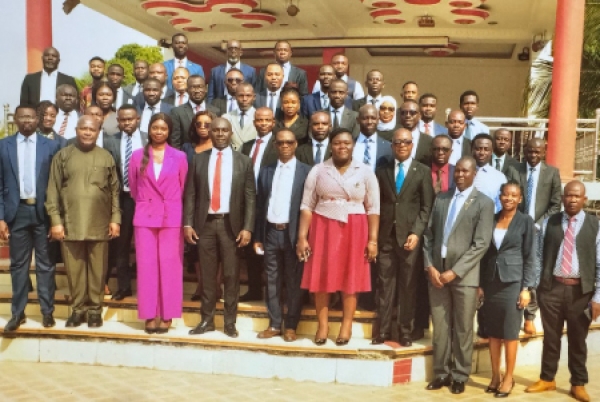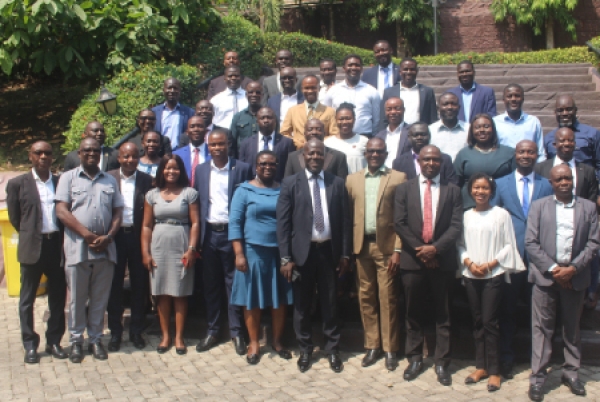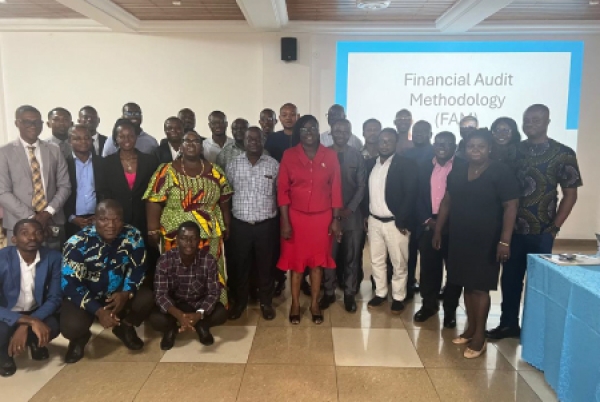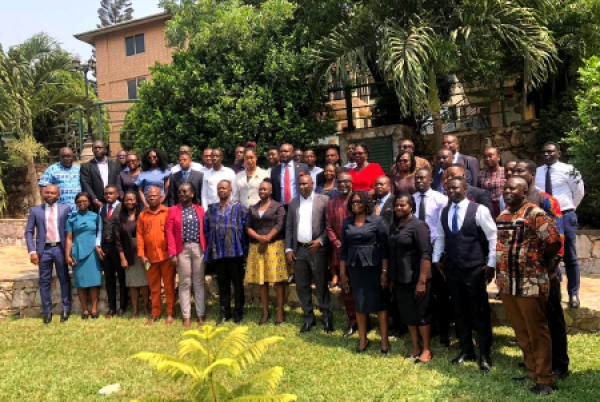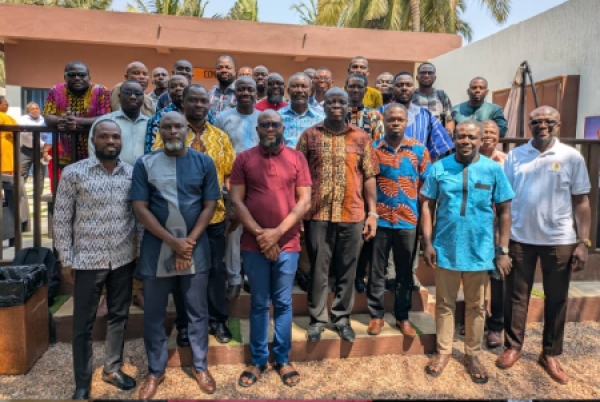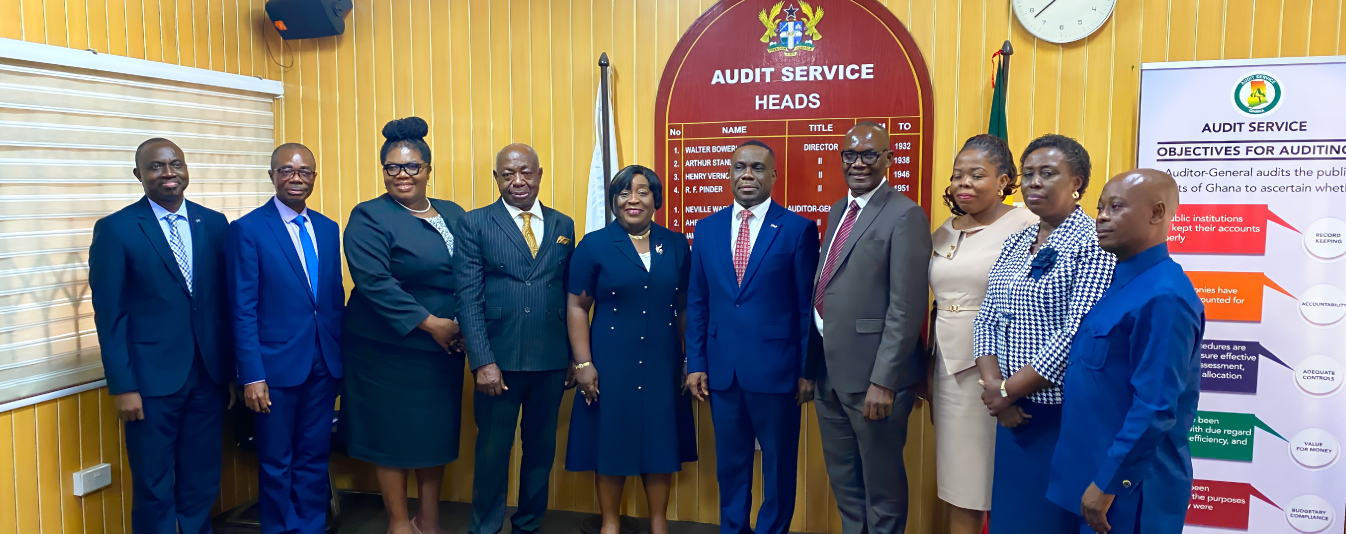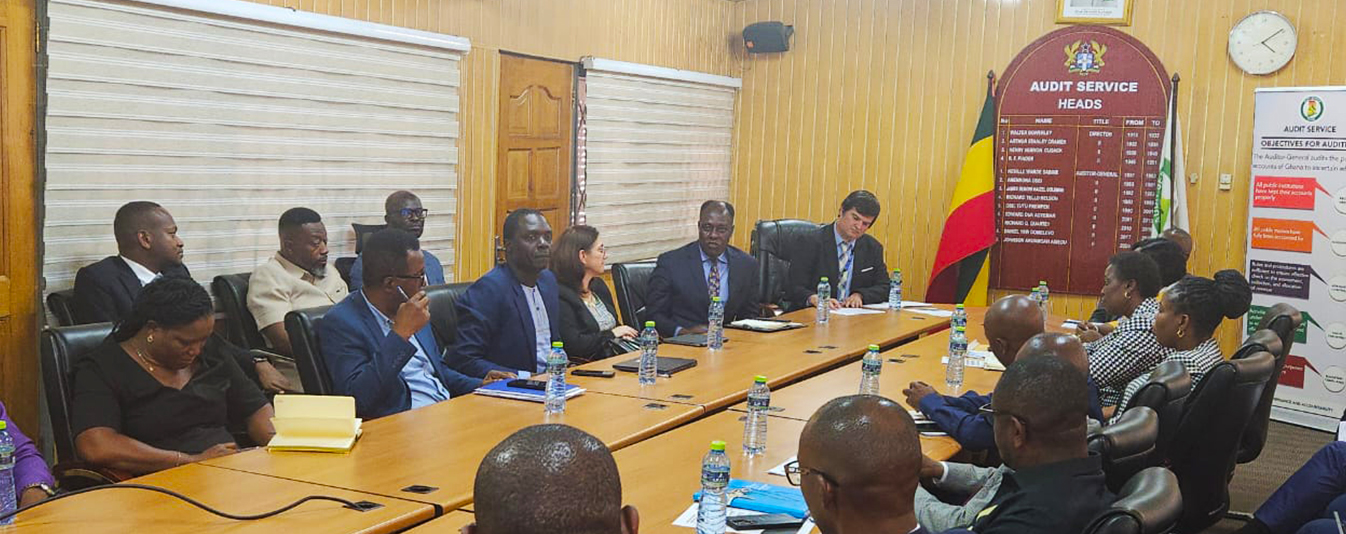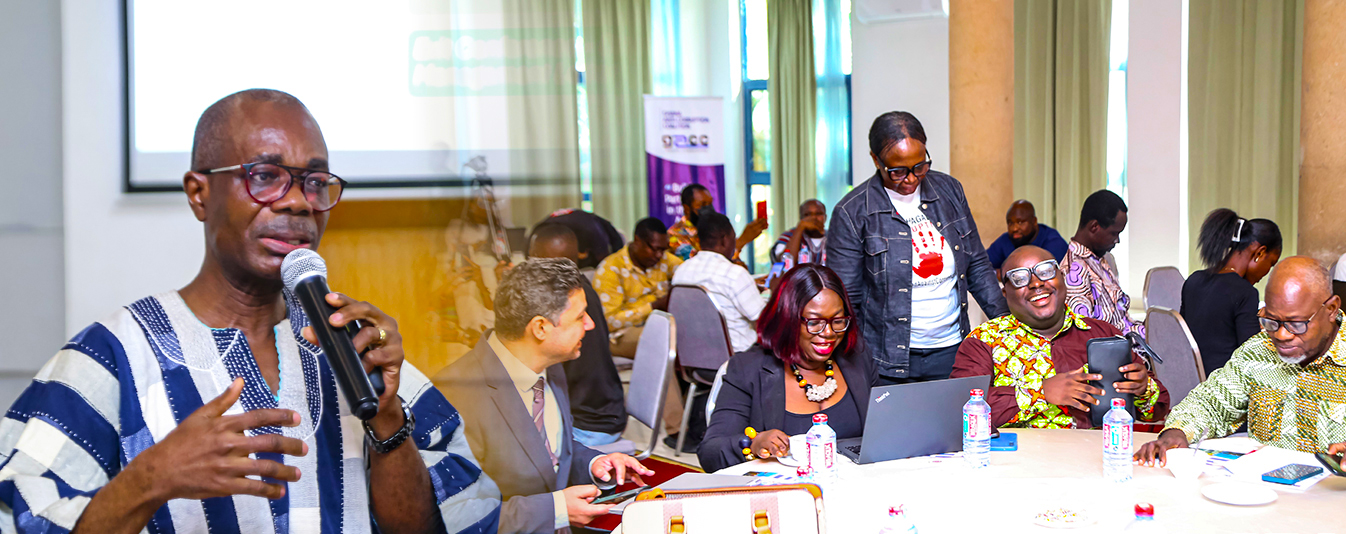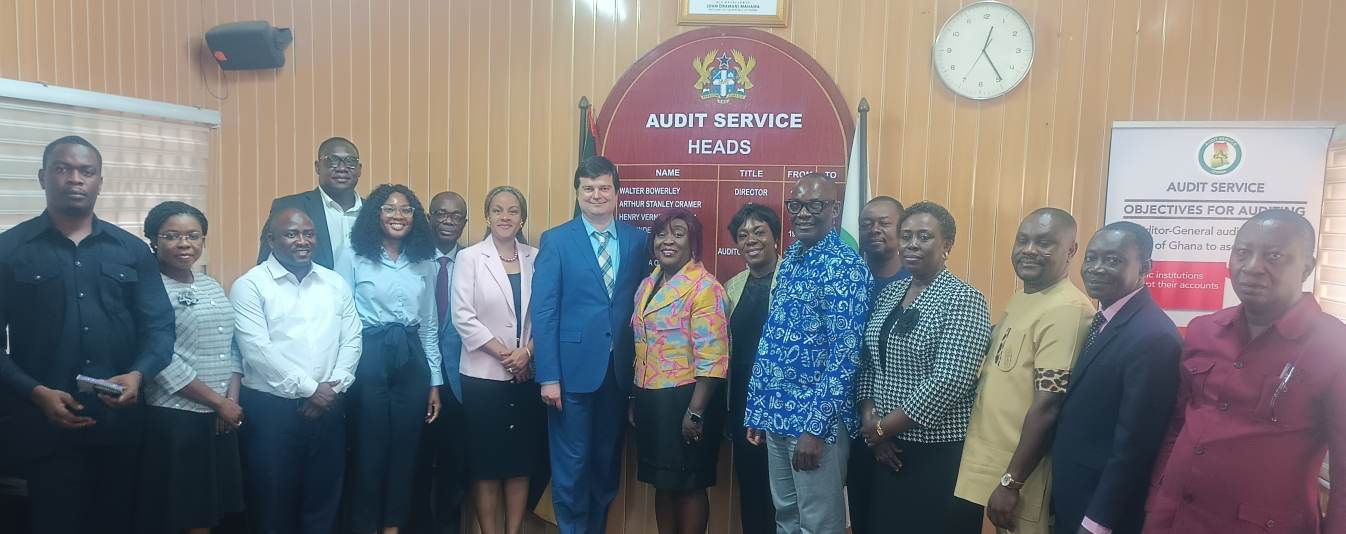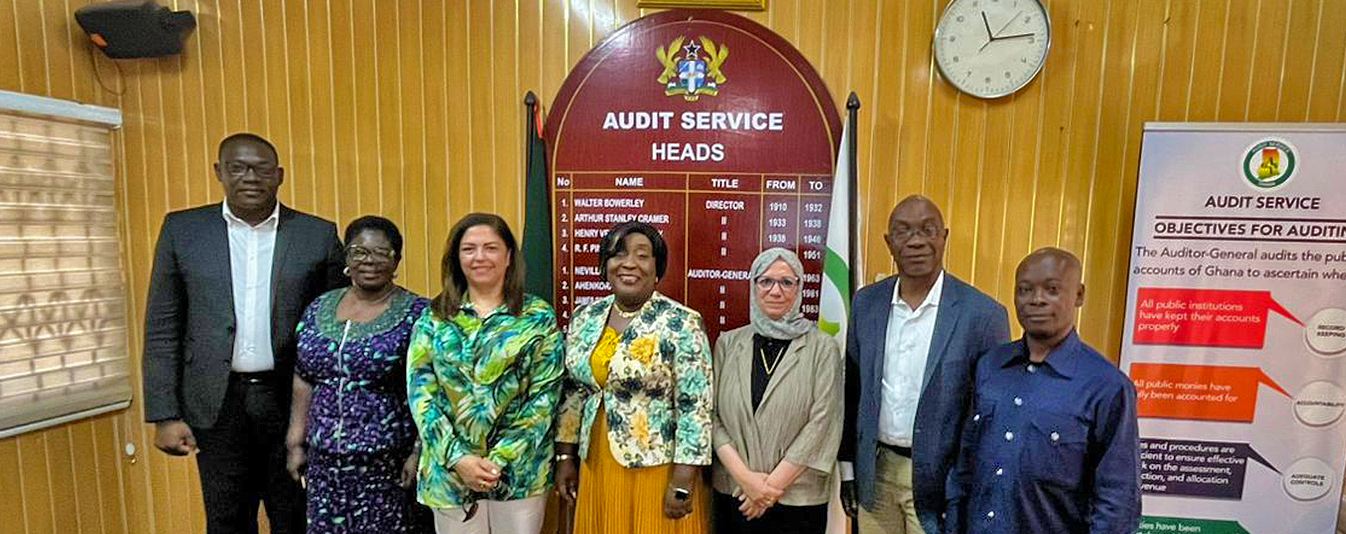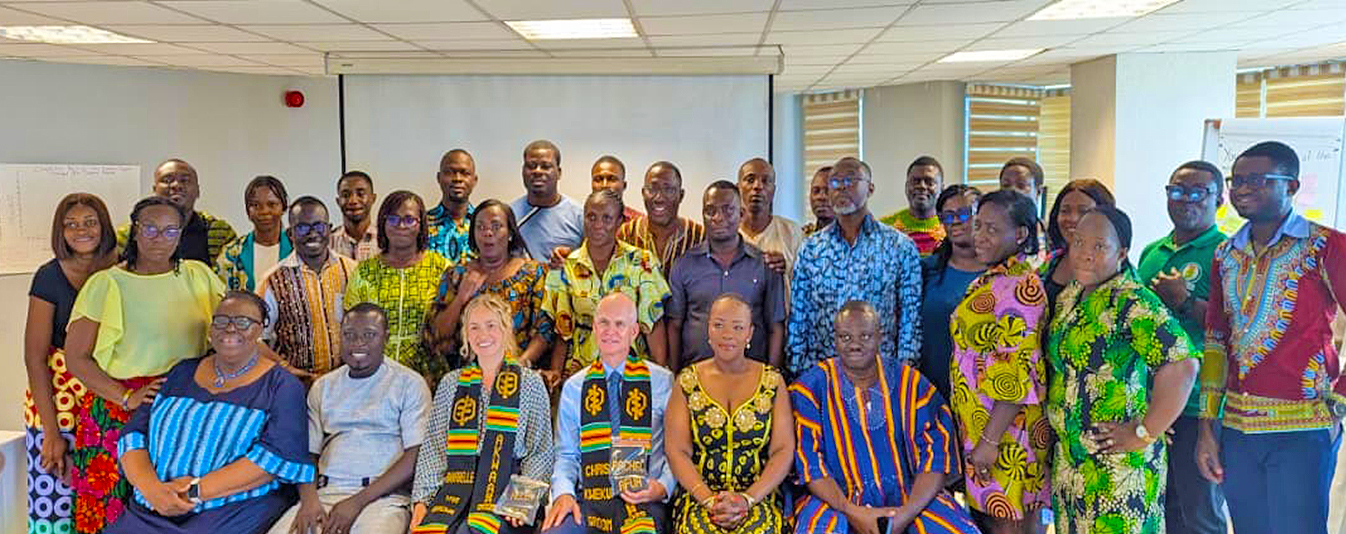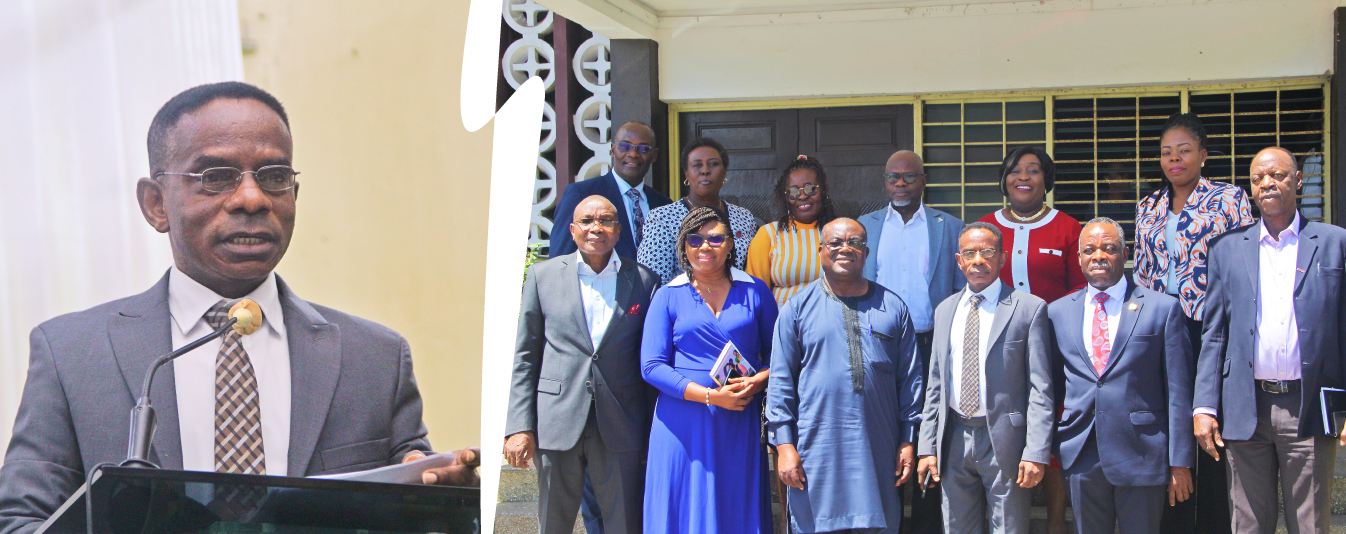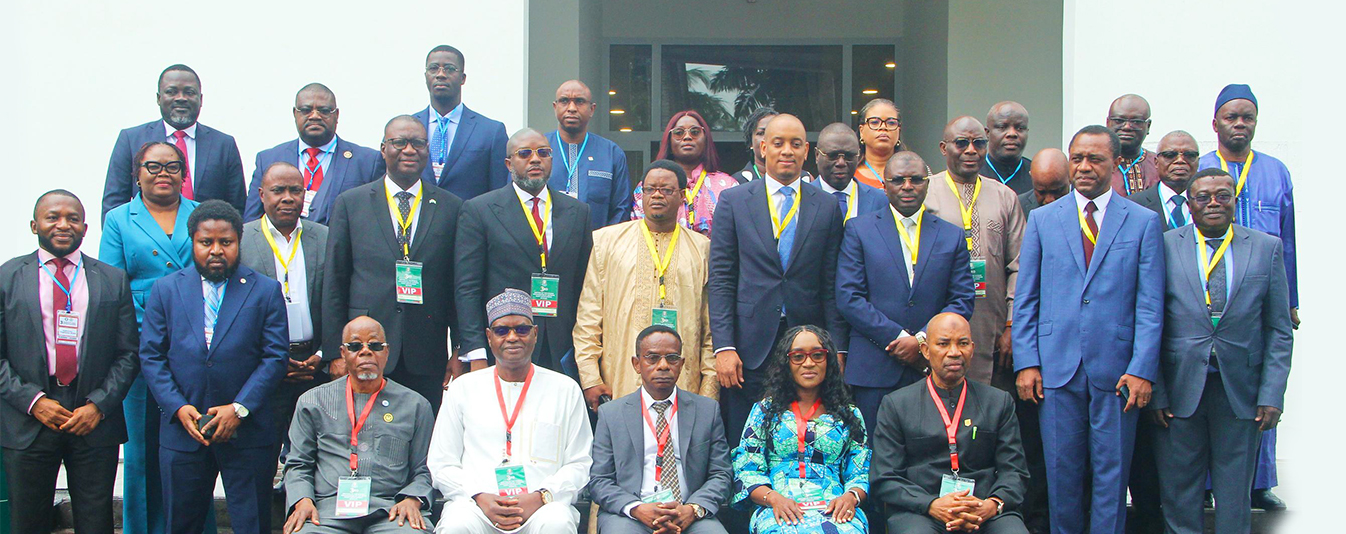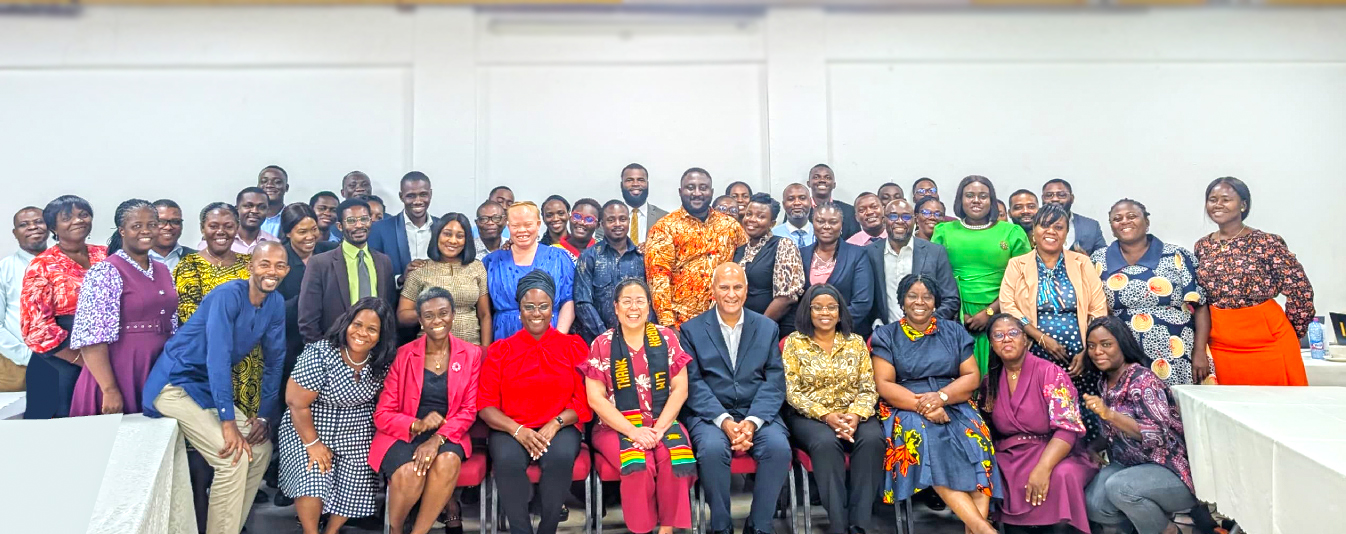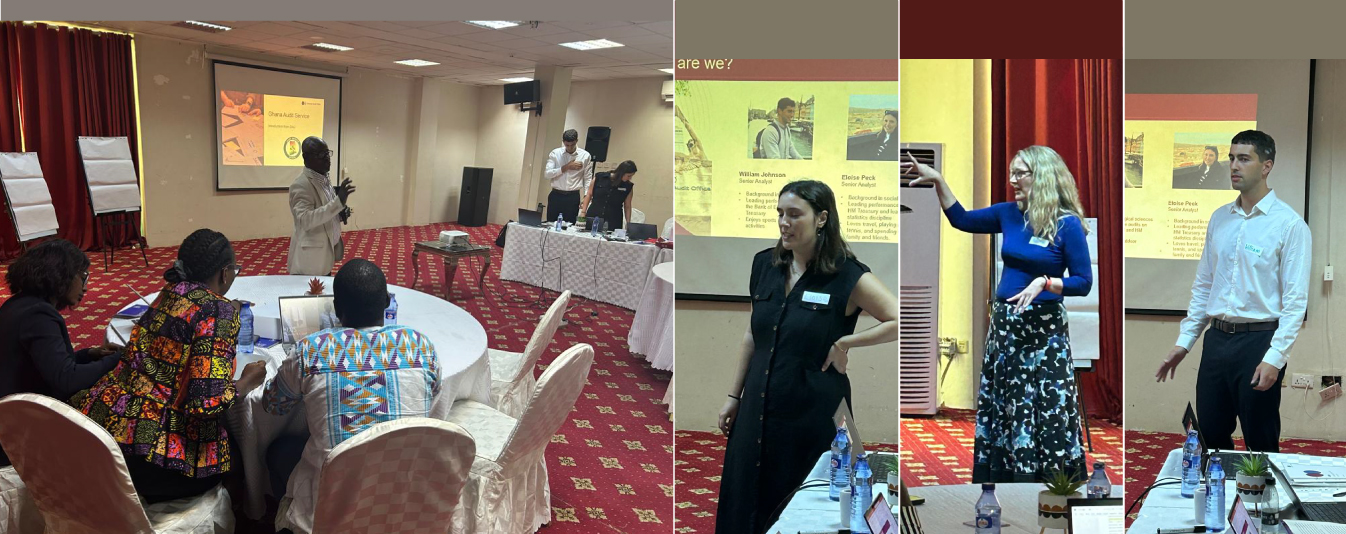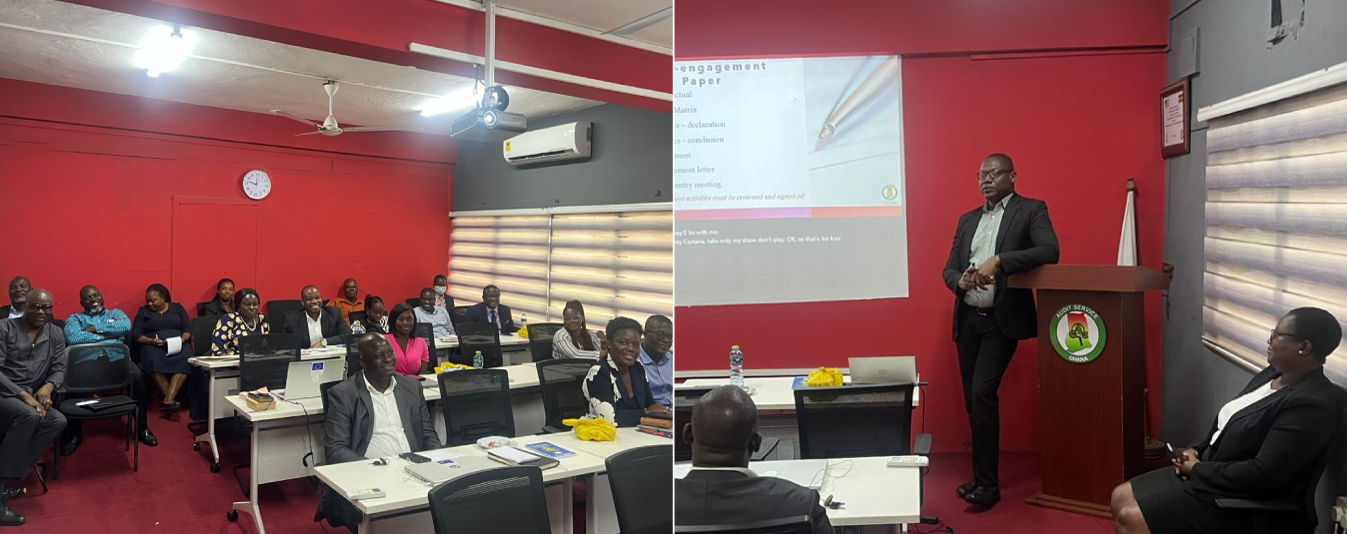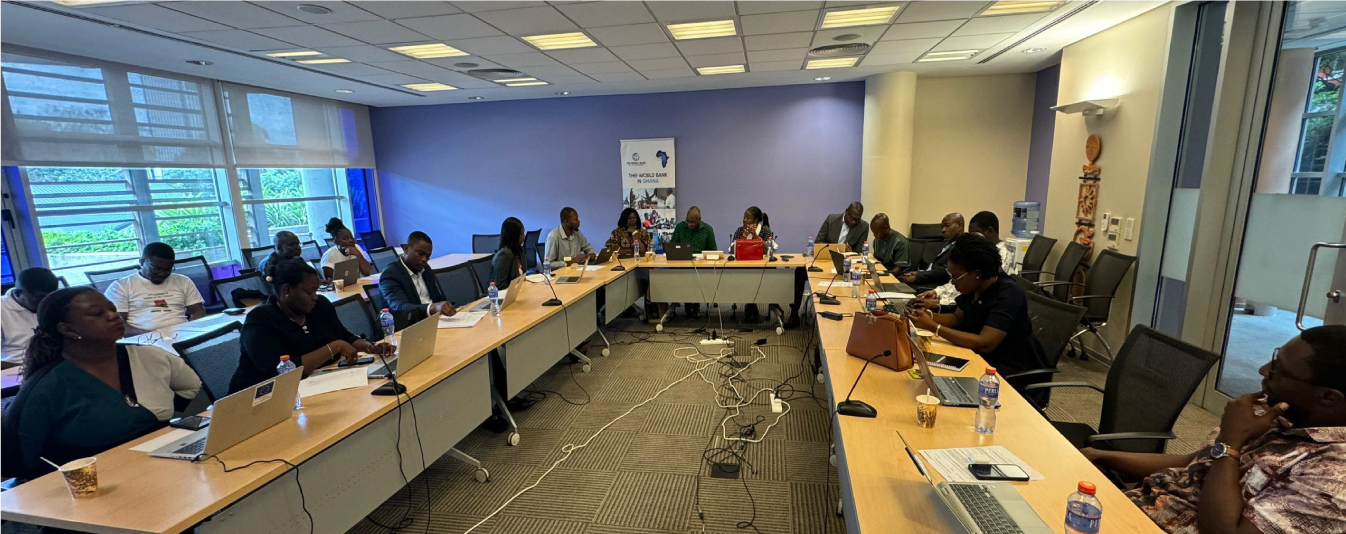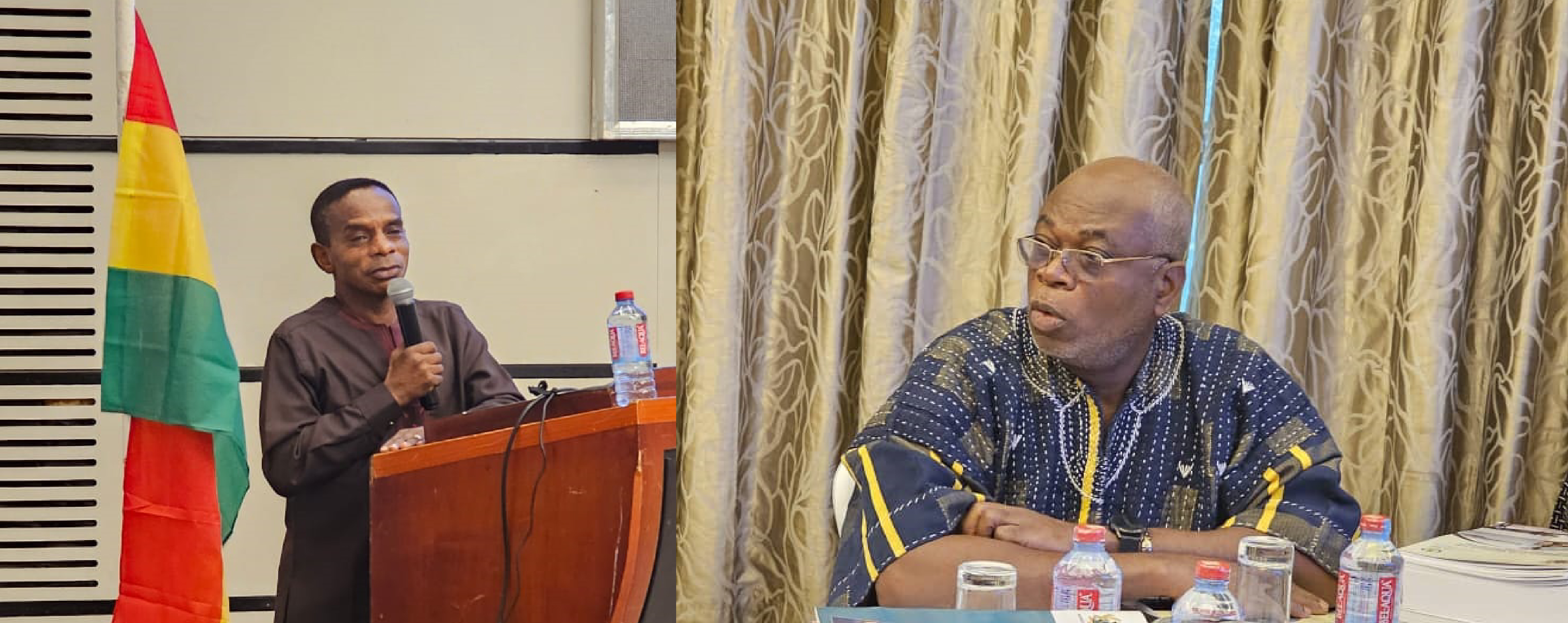SAI Ghana in collaboration with the Public Financial Management (PFM) Secretariat, has successfully organized a Financial Audit Methodology (FAM) training workshop across eight regions—Greater Accra, Eastern, Central, Northen, Ashanti, Volta, Western North and Western.
This Trainer of Trainers (ToTs) initiative was designed to equip staff with the new FAM following the transition from the Regularity Audit Methodology (RAM).
The two-week training, funded by the PFM Secretariat, focused on improving audit planning, execution, and reporting under the FAM Framework. It also addressed challenges in applying risk-based auditing techniques while ensuring compliance with regulatory and organizational policies.
The Auditor-General, Mr. Johnson Akuamoah Asiedu, speaking at the training in Accra, emphasized the importance of continuous learning in the audit profession, saying:
"As an auditor, your confidence is determined by your level of knowledge - the more you know, the bigger your confidence. If you don’t know, it shows. That is why training is crucial. I encourage you to take this program seriously because, in time, you will realize its benefits."
He urged staff to maximize the opportunity to enhance their skills, reinforcing that professional growth comes through knowledge and practice. The Auditor-General also expressed gratitude to the facilitators and organizers of the training program.
At the training session in Volta Region, Mr. Patrick Neequaye (Assistant Auditor-General and the PFM Focal Person for the Service), urged staff to view the session as an opportunity to familiarize themselves with the new methodology.
The workshop covered key modules such as: Pre-requisite, Pre-engagement activities, including financial framework evaluation, audit queries, and team agreements.
Understanding the Entity, Materiality, Risk assessment and response, emphasizing fraud considerations, internal controls, and governance structures.
Performing audits, incorporating substantive testing, use of experts, and disclosure checklists.
Sensitisation on the Audit Management Information System and Learning Management System.
Participants engaged in case studies, group discussions, and practical exercises to reinforce learning.
The training provided a deeper understanding of risk-based auditing, enhanced confidence in handling complex auditing scenarios, and reinforced the importance of robust documentation.
Additionally, participants received updates on International Financial Reporting Standards and explored audit sampling techniques, ethics, and data analytics to enhance their professional competence.
The ToTs approach was to ensure that the knowledge and skills acquired during the workshop would be easily disseminated to all other staff throughout the Service.
Phases two and three will train staff in the other outstanding regions. This nationwide training on the FAM framework will improve SAI Ghana's audit efficiency and effectiveness.

